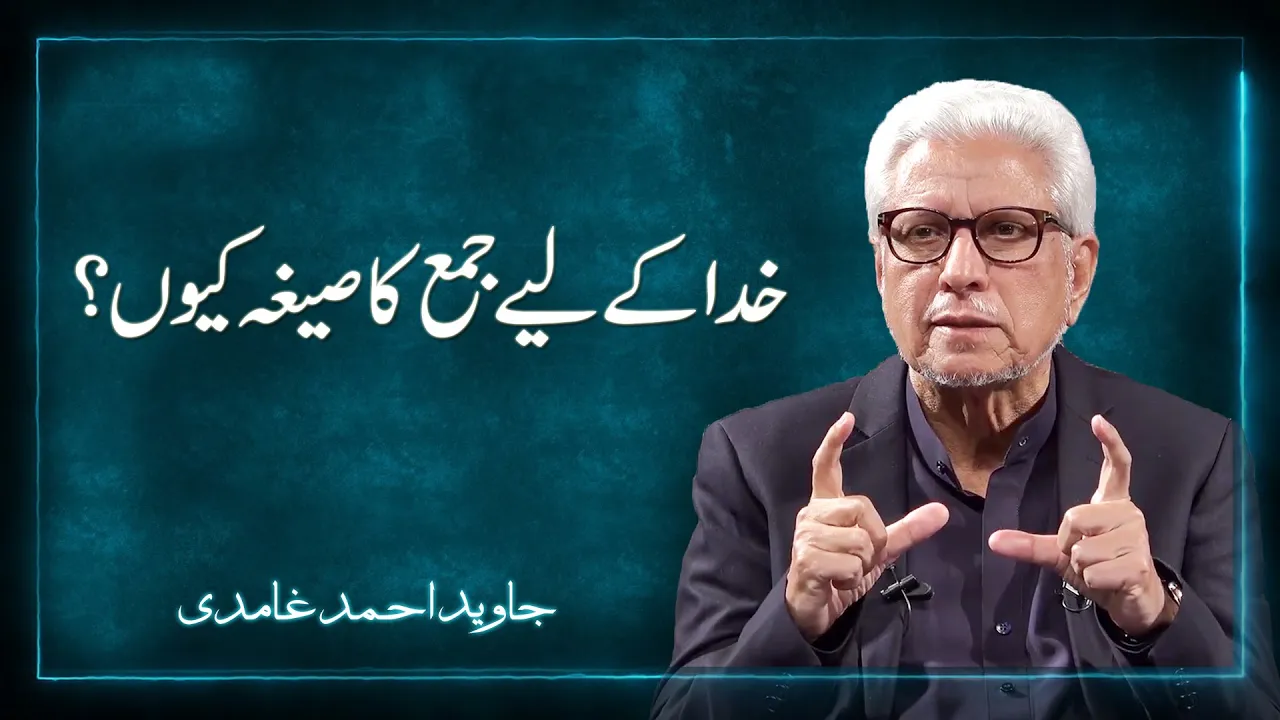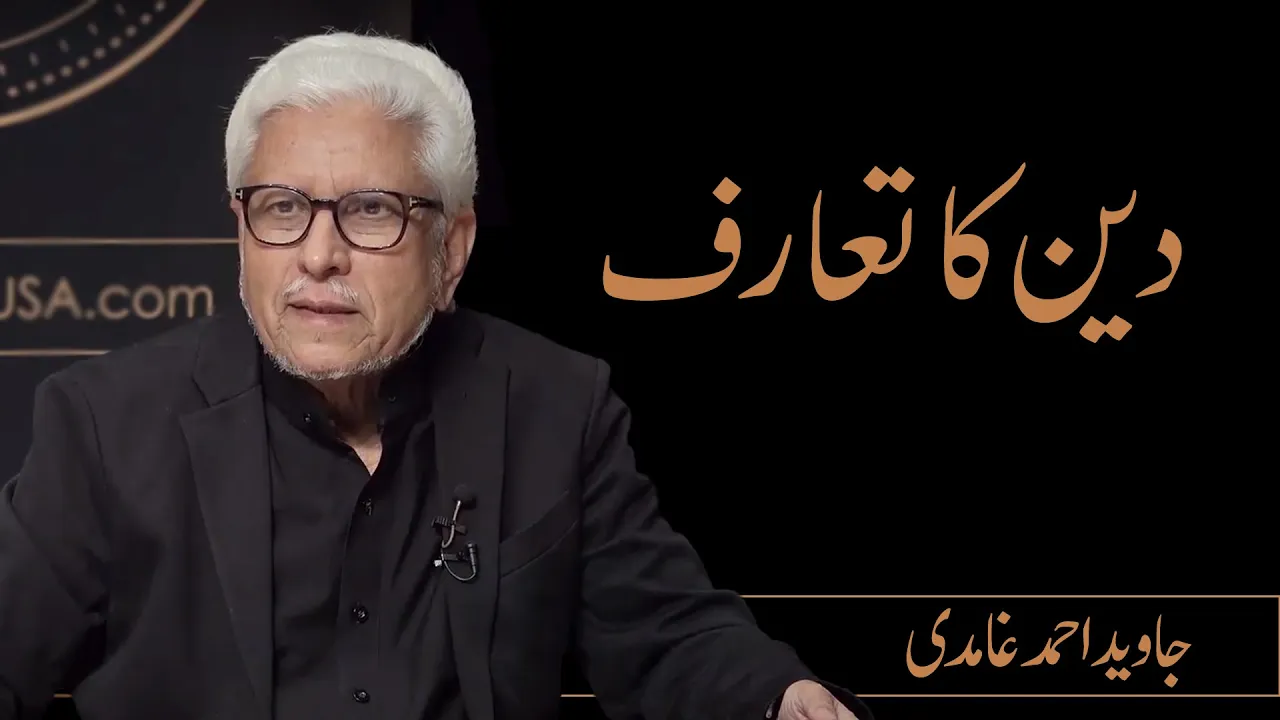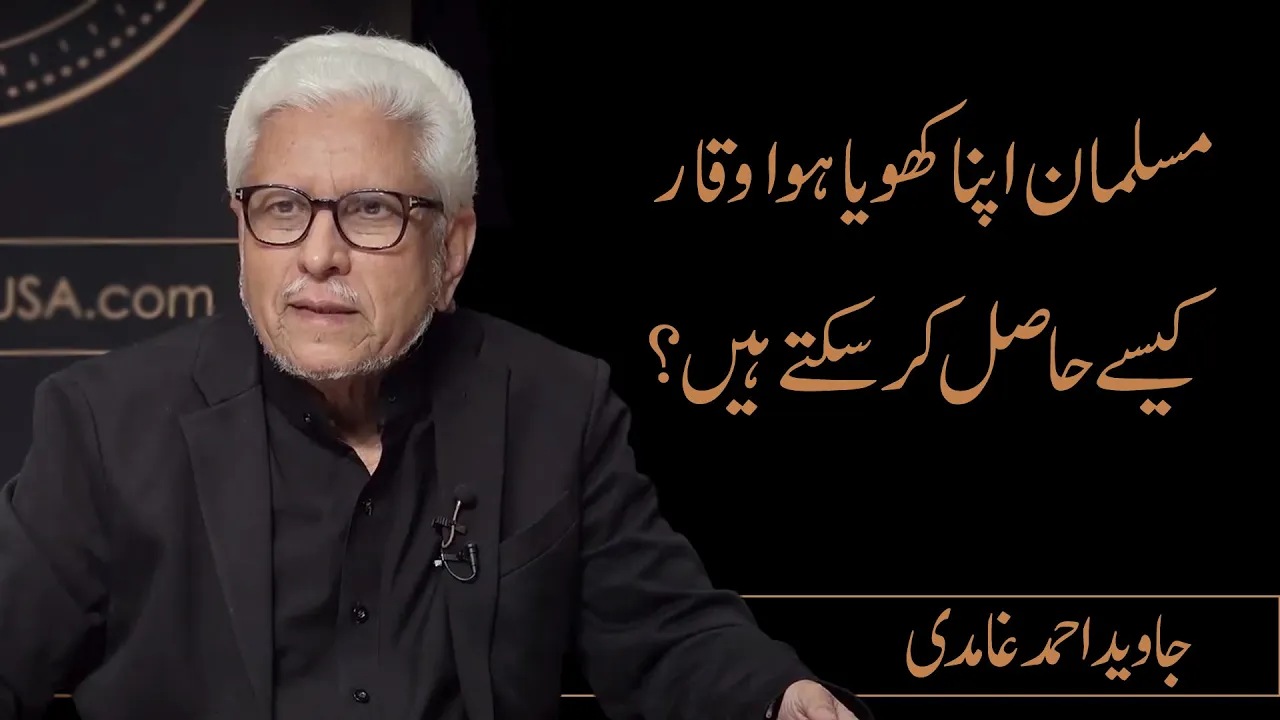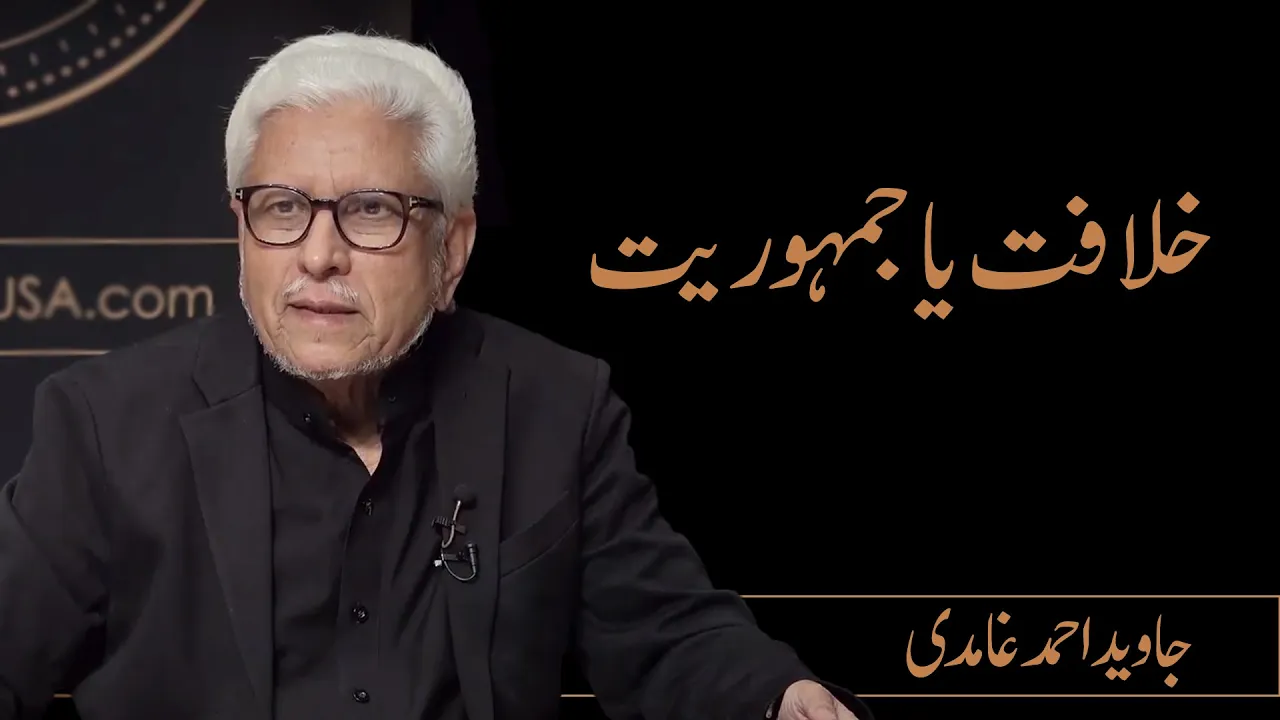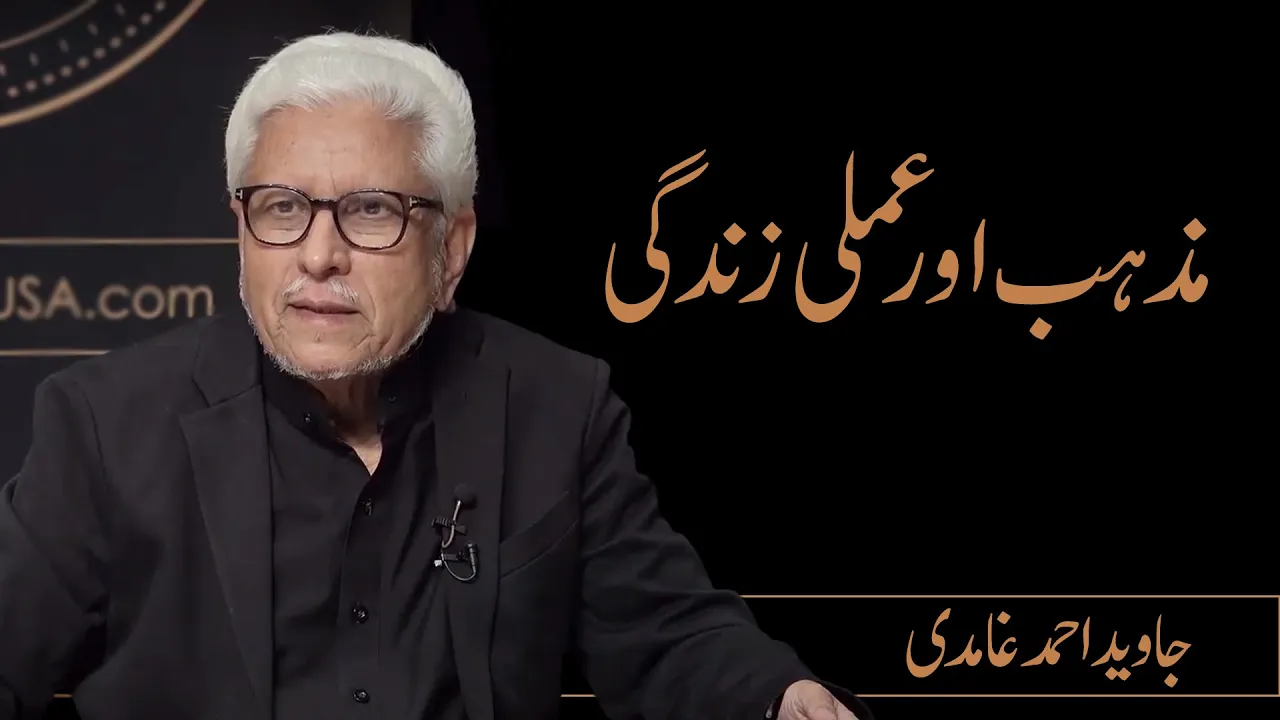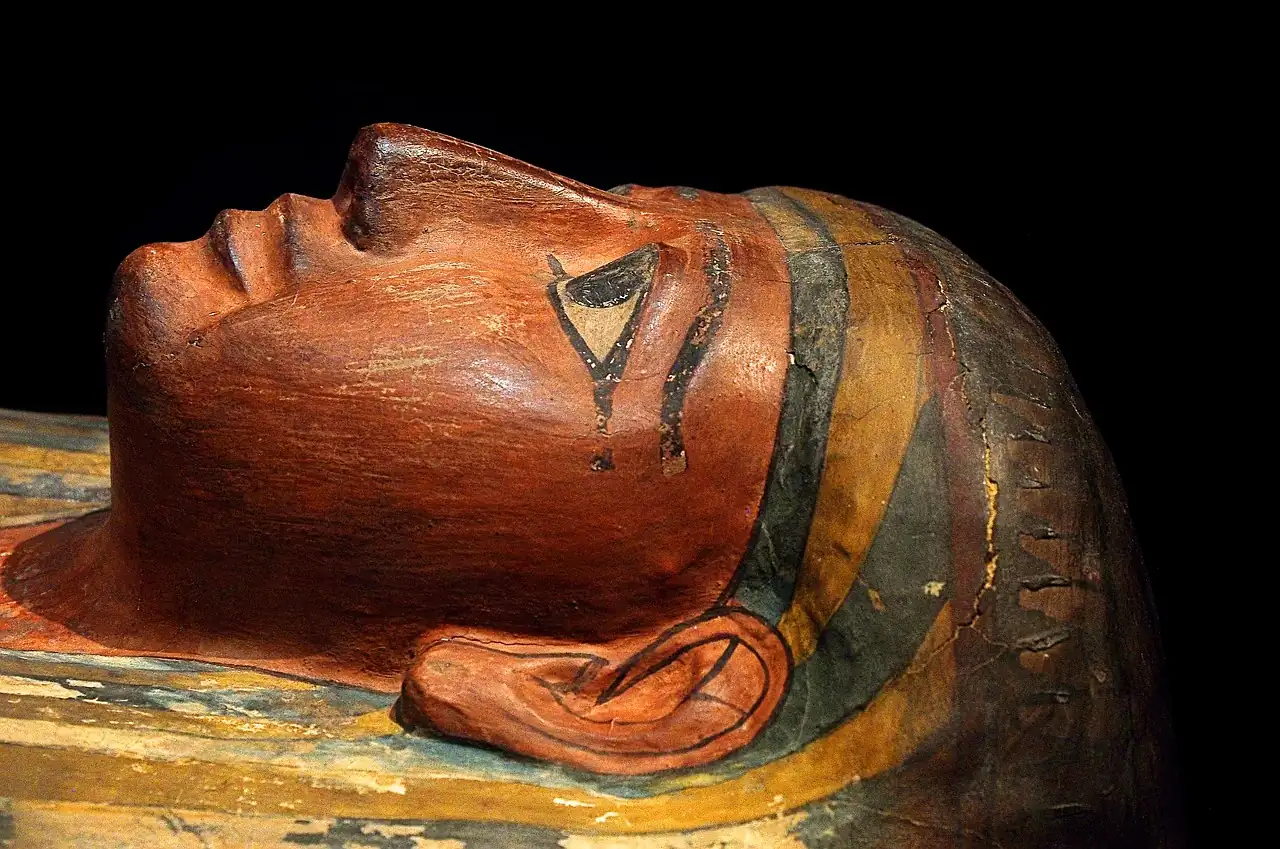Question
1. What is hajj al-badal? I just read in USA that for $1500.00 somebody can perform hajj for somebody else. They quote two Ahadiths of Prophet Muhammad (peace be upon him) which are claimed to be sound. Is there anything like hajj-e-badal or there is nothing like that?
Answer
1. Hajj on behalf of others:
In principle every person benefits only from those acts of worship that he himself has done. He may also benefit indirectly from those acts of worship that he has caused or encouraged to be done. Going to Hajj is no exception.
However if a person really has desire of going to Hajj and has the intention to go and has the means as well however due to some reasons cannot fulfil his intentions then he may send another person to perform the Hajj on his behalf. Also if a person take a pledge to perform Hajj but dies before being able to fulfil his pledge, it will be advisable for his children or inheritors to perform the Hajj on his behalf just as they would pay a debt on his behalf.
The narrations you referred to are generally about these situations, like this one:
“Ibn `abbas (ra) says that once a woman from Juhainah came to the Prophet (pbuh) and asked: My mother had vowed to perform hajj but could not carry out her vow and died. Can I perform hajj on her behalf? The Prophet (pbuh) said: Yes, perform hajj on her behalf. If your mother owed a debt to someone, wouldn’t you have paid it on her behalf? Pay her debt towards Allah, on her behalf. Allah deserves most that the debts owed to Him be repaid.” (Bukhari, Kita’b al-Hajj)
2. Determining Eid with scientific tools:
There is no problem with determining the Eid using scientific aids. The scientific tools need to calculate at what day the moon will be visible to a naked eye.
However it needs to be appreciated that like many other acts of worship fasting too has aspects of collectivity in it, in particular Eid needs to be celebrated by the whole community rather than individuals. Accordingly it is always advisable to follow what the community of the Muslims in the area that the individual resides are doing in terms of starting and ending the fasting. If the individual disagrees with the starting or ending date of the month he may do his best to correct the views of the community however at the end if he does not success, it is still better to follow the community in this rather than being separated and excluded from the community.
3. Following your own understanding of religious directives:
There is no problem if a person follows his own understanding of religious directives. It is of course essential that the person carries out enough study and investigation of the subject within his own capacity. In doing this the person can tremendously benefit of the views and works of the scholars of different schools of thought however at the end he needs to decide what seems to be the most correct view to him. On the other hand, if the person is not in the position of doing a brief study of a subject and prefers to just follow a scholar that he trusts, then this is also fine.
4. Why there are so much problems about religion in India and Pakistan and not in Arabian countries:
I think as we go from one Muslim country to the other one, the type of the problem with understanding of practising religion may change but problems are always there, as we are all human being and prone to error, bias and misjudgement.
Answered by: Farhad Shafti
Date: 2015-01-19


